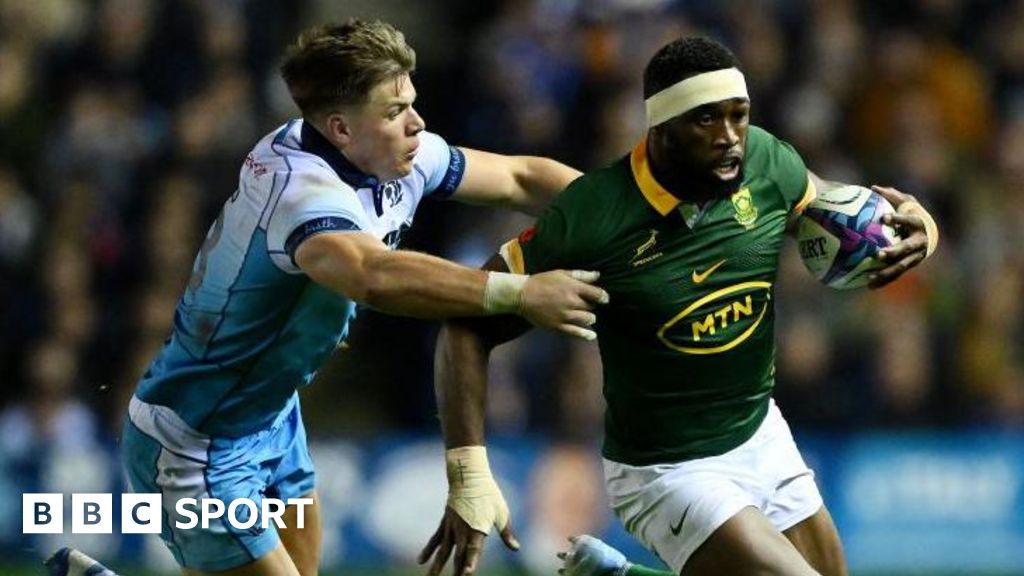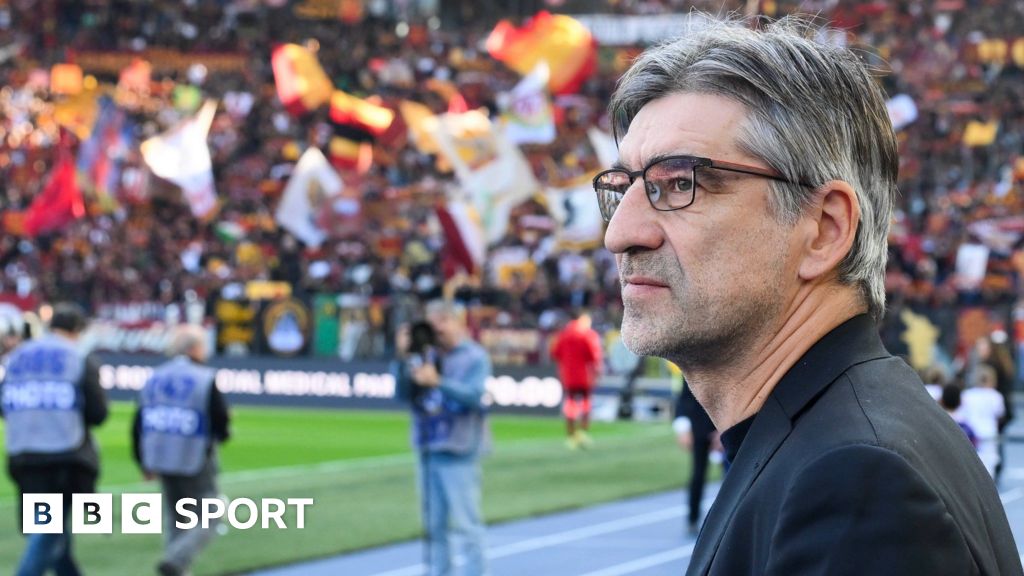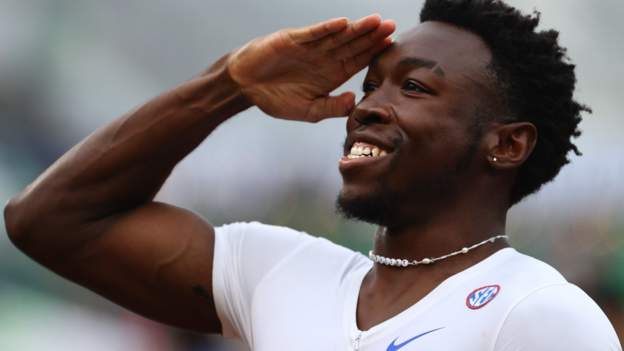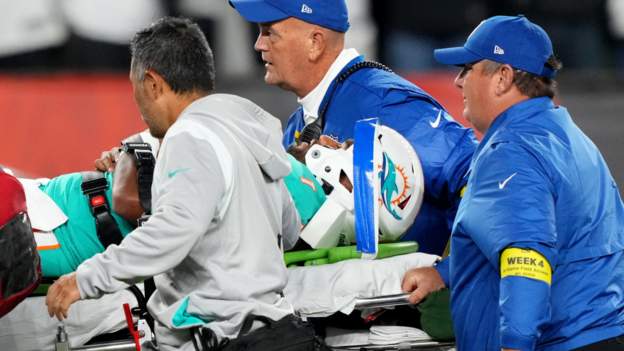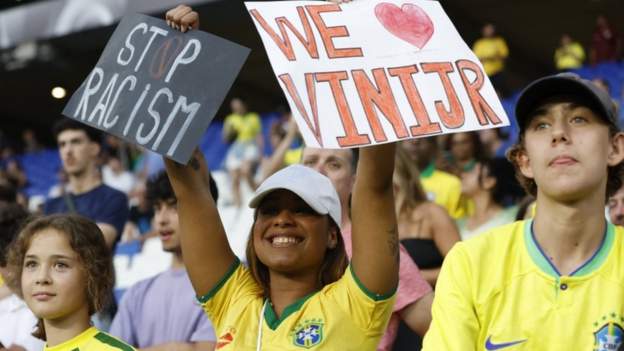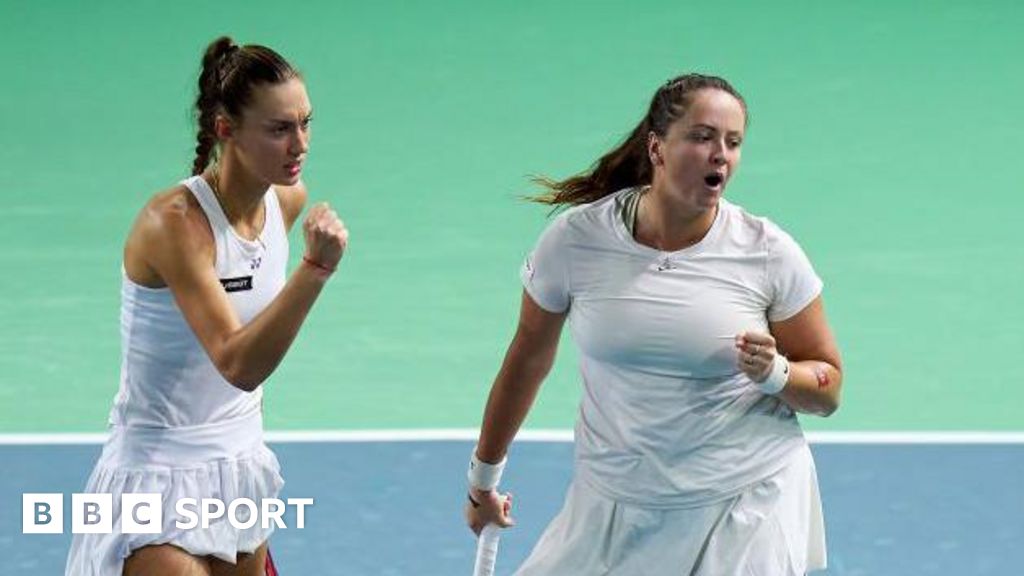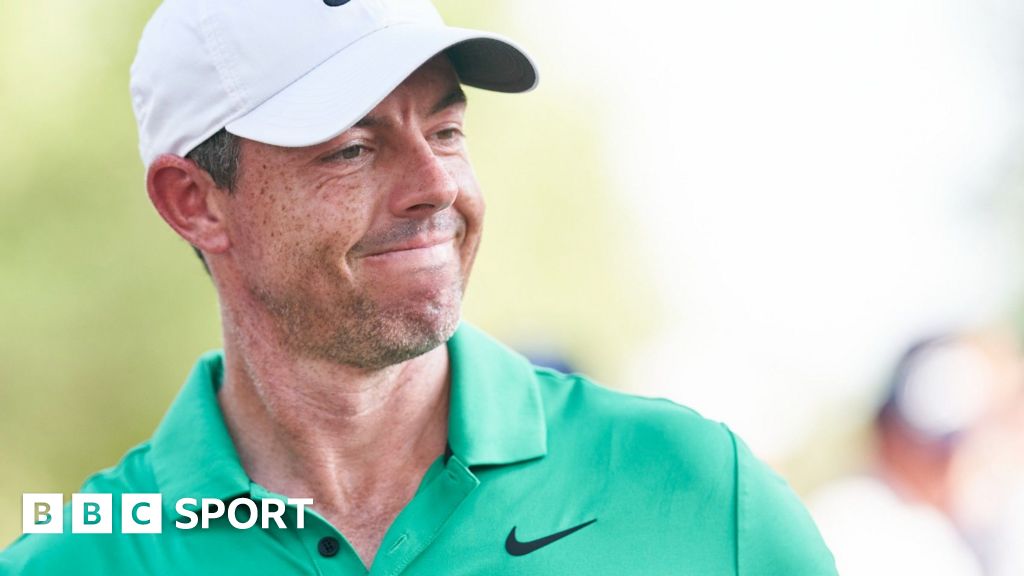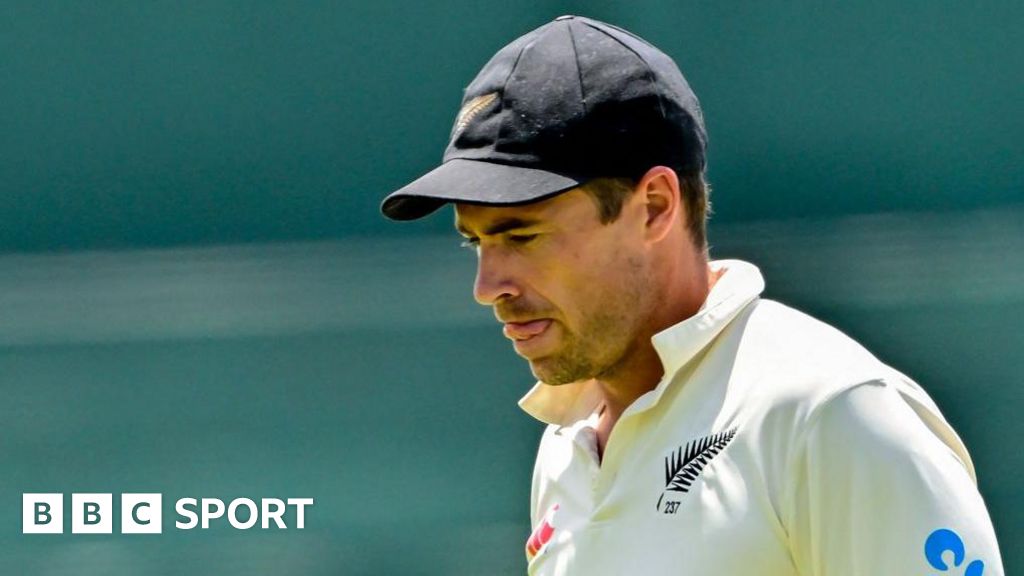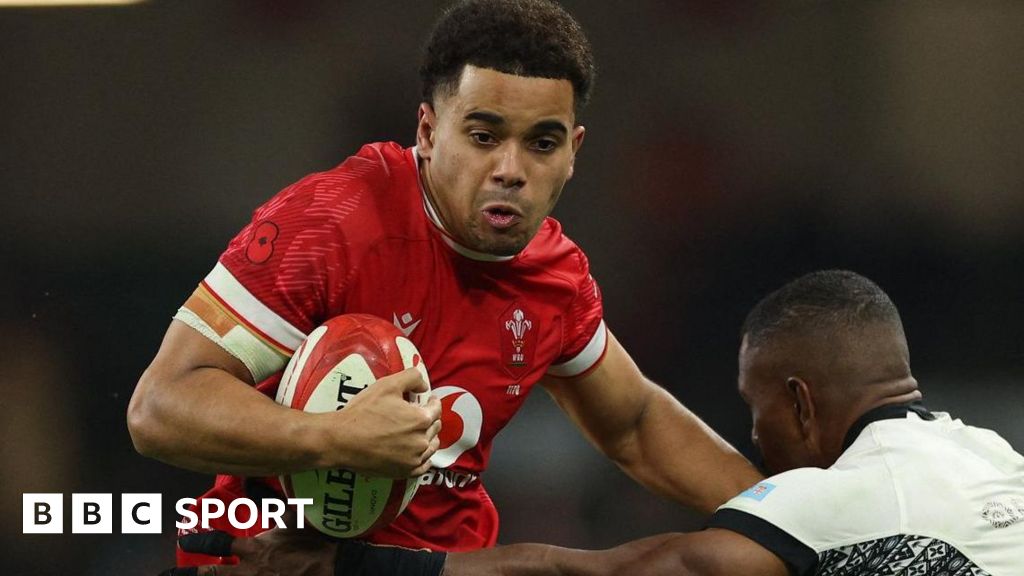Sprinting sensation Joseph Fahnbulleh is chasing elite success in a bid to change the face of a country he has never been to – Liberia, once wracked by civil war.
The 21-year-old is Liberia’s 200m national record holder and the US national collegiate 100m and 200m champion, but, more importantly, he’s also a man running on a mission.
“I just want to give exposure to Liberia, I would like people to know Liberia as a strong, independent country,” he told BBC Sport Africa.
The American-born athlete was eligible to represent his birth country but has chosen the West African nation because of his heritage.
“I just wanted to do this for my mum,” said Fahnbulleh, who finished fourth in July’s World Championships.
“That’s the sole reason I am doing this and there will come to a point where I’ve done it for her, and then I can do things for myself.”
His mother was born and brought up in Liberia but made her way to the United States to flee the 1989-2003 civil war that decimated Africa’s oldest republic, killing up to 250,000 with thousands more mutilated and raped at the hands of often drug-fuelled soldiers, many of them children.
Today, a son of Liberia is desperate to change the image of a country now led by President George Weah, the only African to ever be named World Footballer of the Year (in 1995).
“Liberia doesn’t get enough credit,” rallies Fahnbulleh. “When everyone thinks Africa, they think of countries like South Africa and Nigeria. I’m just so proud to be Liberian. We have really changed in the past decade.”
Fahnbulleh donned the Liberian colours for the first time when he qualified for the Olympic Games last year, where he went on to make history.
Africa’s sole representative in the 200m final in Tokyo, he also became the first Liberian to ever compete in an Olympic final of any sport.
“Even though I placed fifth, I still knew that I made Liberia proud. And I made Africa proud just by being in the final and giving it my all.“
A Liberian legacy to cling to
Fahnbulleh was born in Minnesota and the trip to Tokyo gave him so much more than just on-track success – as it was his first time outside the United States.
In Japan he established a strong connection with the Liberian flag, which he carried at the Games’ opening ceremony.
He walked into the Olympic Stadium in traditional Liberian dress and, although the stands were empty because of strict Covid-19 measures, he says he felt the weight of a nation on his shoulders.
“It was a jaw-dropping experience. You don’t know how important it really is until you walk down the aisle, and you see other flags walking with you,” he said.
“It hit me afterwards. It meant the world to me – being able to be the face of Liberia.”
His participation in those Games defined a moment of hope for Liberians across the world including Sayon Cooper, former Liberian 100m and 200m record holder who represented his country at two Olympics.
“It was huge because we are a country in West Africa with over 3.5 million people and everybody knows our history of civil war,” said Cooper.
“That’s what they try to connect us to, but Joseph being at the finals put that on the back burner, and people could see we are not just a nation who had civil crisis in the past.
“We are a nation that is thriving, and willing to be one of the best in the world in athletics. That moment made so many people in Liberia proud.”
Fahnbulleh is indeed the pride of Liberia, a country he has yet to set foot in but which can also feel like home nonetheless.
“It’s just been me and my mum growing up,” he explained.
“I ask her about Liberia when she was there and what her house was like. I give credit to my mum for instilling Liberian values and roots in me.
“Being able to represent her in the best way that I can – and being able to see herself in me as I succeed – makes me want to cry every time.”
The tearful hero holding the hopes of a nation
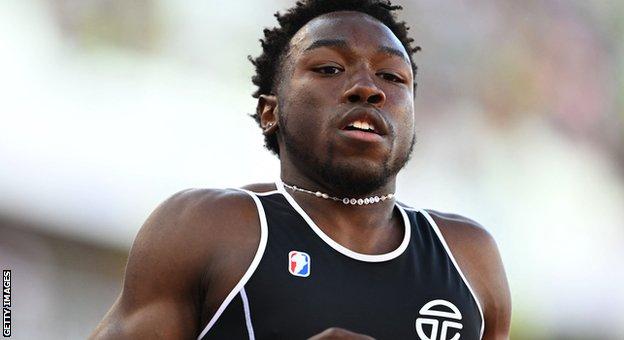
Fahnbulleh came close to a podium finish at the World Athletics Championships – just 0.04 seconds behind his training partner Erriyon Knighton as him mum watched from the stands in Eugene’s Hayward Field.
“I was crying in her arms because I got fourth,” Fahnbulleh said. “She was like: ‘It doesn’t matter if you got fourth or not. I just wanted to see you run – and you did well’.
“Before I get to the blocks, I said ‘love you mom’. I say that every time I get on to the blocks because I see her and feel her presence.”
His love for his mother has set his heart on fire for Liberia, with the nation loving him right back.
“People wake up at like 3am just to watch me race. There’s no feeling that can describe the support that I’m getting,” he said.
“It feels like everyone is pushing me. No matter what I do, they are always supporting me and although some days it does feel heavy, it’s just really constant support most of the days.”
That support is the reason he is not afraid to dream of World Championships success in Budapest next year.
“If you don’t race for first, then why are you in the race?” he rallied.
“Winning a medal there would be history for Liberia. It would be a feeling of accomplishment, not for me but for the whole country. I feel like the whole country would be in uproar.”








